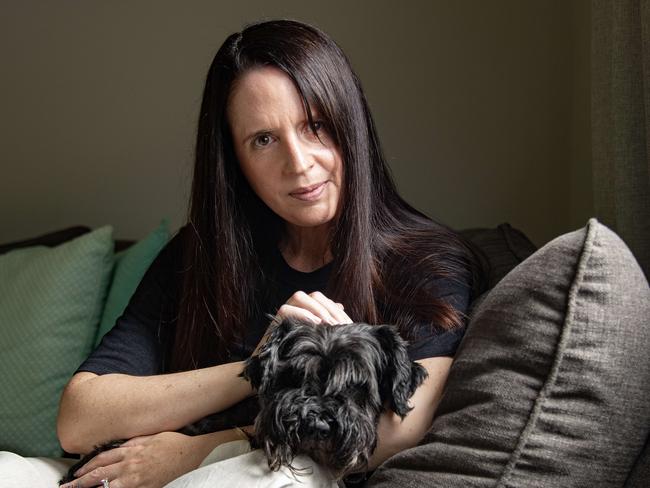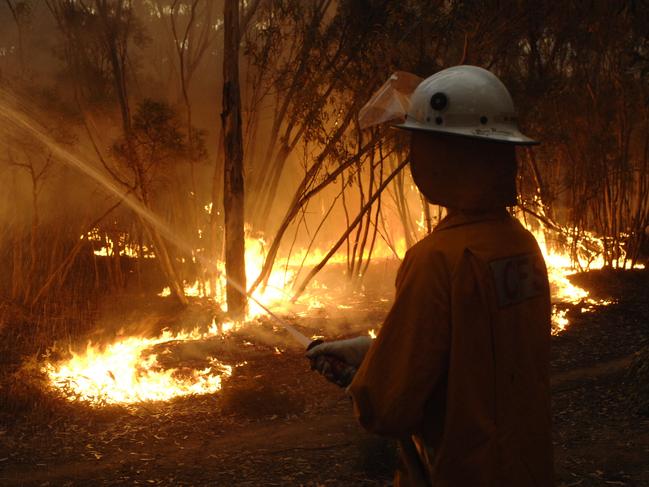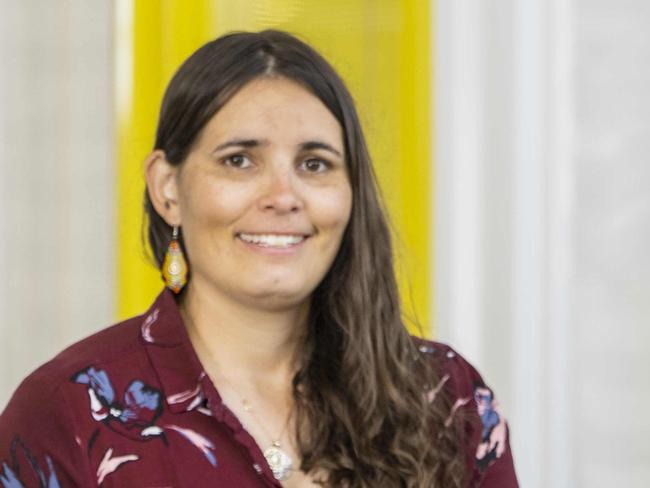
How three concussions can lead to long-term issues
Three mild concussions over the span of a lifetime is all it takes to significantly impede brain function later in life, a study has found.

Three mild concussions over the span of a lifetime is all it takes to significantly impede brain function later in life, a study has found.

With three out of four donated hearts currently discarded, an extraordinary invention, advanced by Australian doctors, has just changed the game of organ transplants.

The benefits of a shorter voyage would include less exposure to cosmic radiation for the crew.

Jeff Bezos’ girlfriend, a former TV presenter, is preparing to lead the first all-female crew into space with Blue Origin.

Debate over the idea of banning gas stoves reignites questions about health risks. People either swear by them or say they’re harming our health. But what are the facts?

Children’s immunity to Covid-19 is robust at first but doesn’t stand up when reinfection occurs highlighting the need for children to be vaccinated against the virus, study finds.

Scientists warn that people who put on weight in middle age are more likely to develop problems in later life. Here’s how to banish midlife spread.

Trauma surgeon Charles Pilgrim has operated on soldiers, civilians and Taliban fighters in his time in war-torn Afghanistan and Iraq.

Middle-aged people with bulging waistlines are more likely to become ‘fat and frail’ in retirement, a study has found.

Epidemiologists, AIDS organisations and Australia’s only manufacturer of HIV self-testing kits are calling on the federal government to publicly fund the technology.

Hundreds of thousands of Australian men are unknowingly facing ‘a tidal wave of risk’ as rates of aggressive prostate cancer threaten to more than double in the next five years, experts say.

The death of the world’s oldest person at the age of 118 has reignited a debate that has divided scientists for centuries: is there a limit on how long a healthy human can live?

Earth’s inner core, a hot iron ball the size of Pluto, has stopped spinning in the same direction as the rest of the planet, research suggests.

A gadget made by NASA boffins has been integrated into bathroom scales, a gamechanger for boosting balance and reducing falls among older adults.

Now that the emergency phase of the pandemic has been declared over, Australians are speaking out about health problems they suffered soon after receiving a Covid-19 vaccine.

Humpback pregnancies plummet after krill stocks are reduced, landmark new research has revealed, sparking global calls for tighter regulation of Antarctic fishing.

An environmental tragedy – the death of 158 endangered Tasmanian devils on one stretch of road – is finally provoking official action, but councillors and bureaucrats are blocking the key measure sought.

Cerebral palsy in newborn children in Australia has fallen by 40 per cent in a generation, putting us among the lowest rates in the world, new research shows.

A device invented by Australian scientists which delivers doses of lifesaving vaccines in ten seconds through a skin patch has been given a major cash injection.

All university degree courses in France will have to include instruction on climate transition under a new government plan.

A world-first study on respiratory diseases like asthma and pneumonia means kids no longer need to be transferred long distances to paediatric ICUs.

A simple blood test that could identify people with diabetes who are at risk of developing potentially fatal chronic kidney disease has been made possible.

The runaway collapse of the West Antarctic Ice Sheet – which would trigger catastrophic sea level rise – is not inevitable.

Scientists hope the ability to guide lightning will help protect against deadly bolts – and one day maybe trigger them.

While teachers are panicking over cheating with computer-generated answers, the latest robot is no match for the Baccalaureat exam.

Mentions of selective weather data and historical ‘records’ have raced up the charts like an Apollo mission rocket launch, creating confusion and alarm.

CSIRO eco-hydrologist Sophie Gilbey’s achievements are a testament to how a single conversation can change the course of life.

An attempt to launch the first rocket into orbit from Britain ended in failure on Tuesday, with scientists reporting an ‘anomaly’ as it neared its goal.

How have Rome’s ancient aqueducts and architectural marvels such as the Pantheon endured the test of time?

Collaboration develops simple test that can be used at home by patients or in remote areas to test for a range of cardiovascular conditions.
Original URL: https://www.theaustralian.com.au/science/page/21